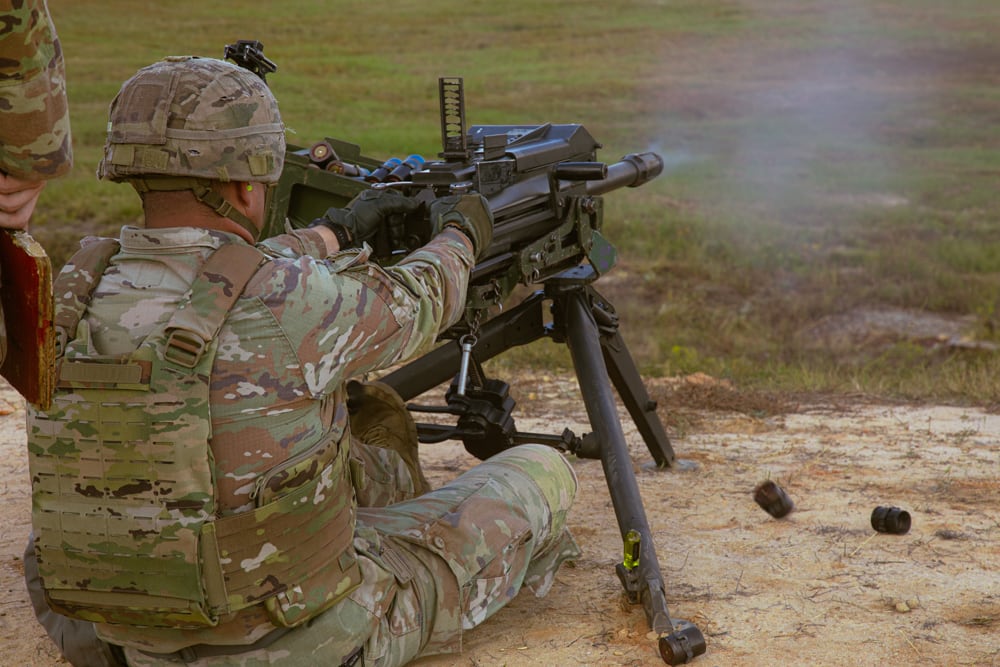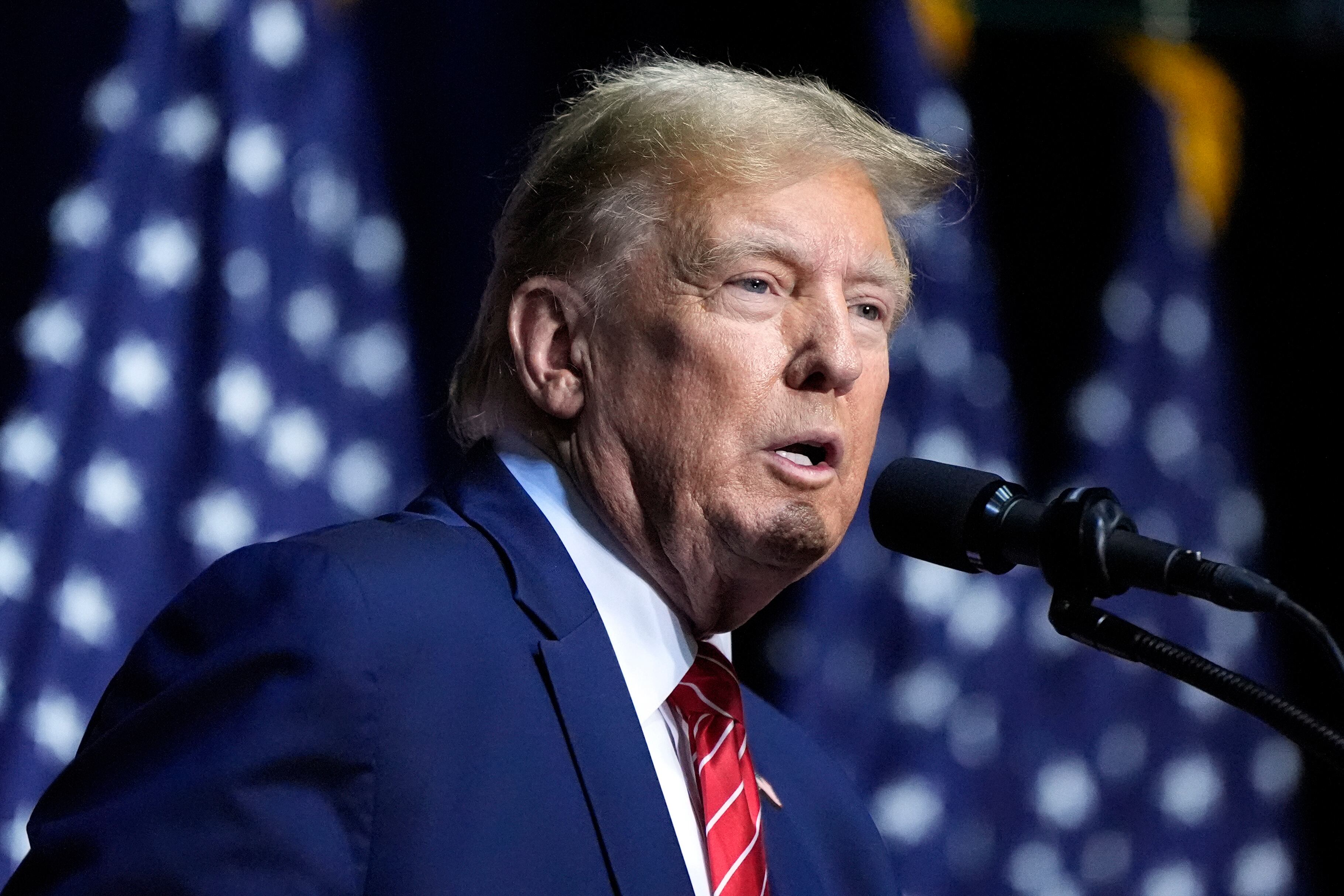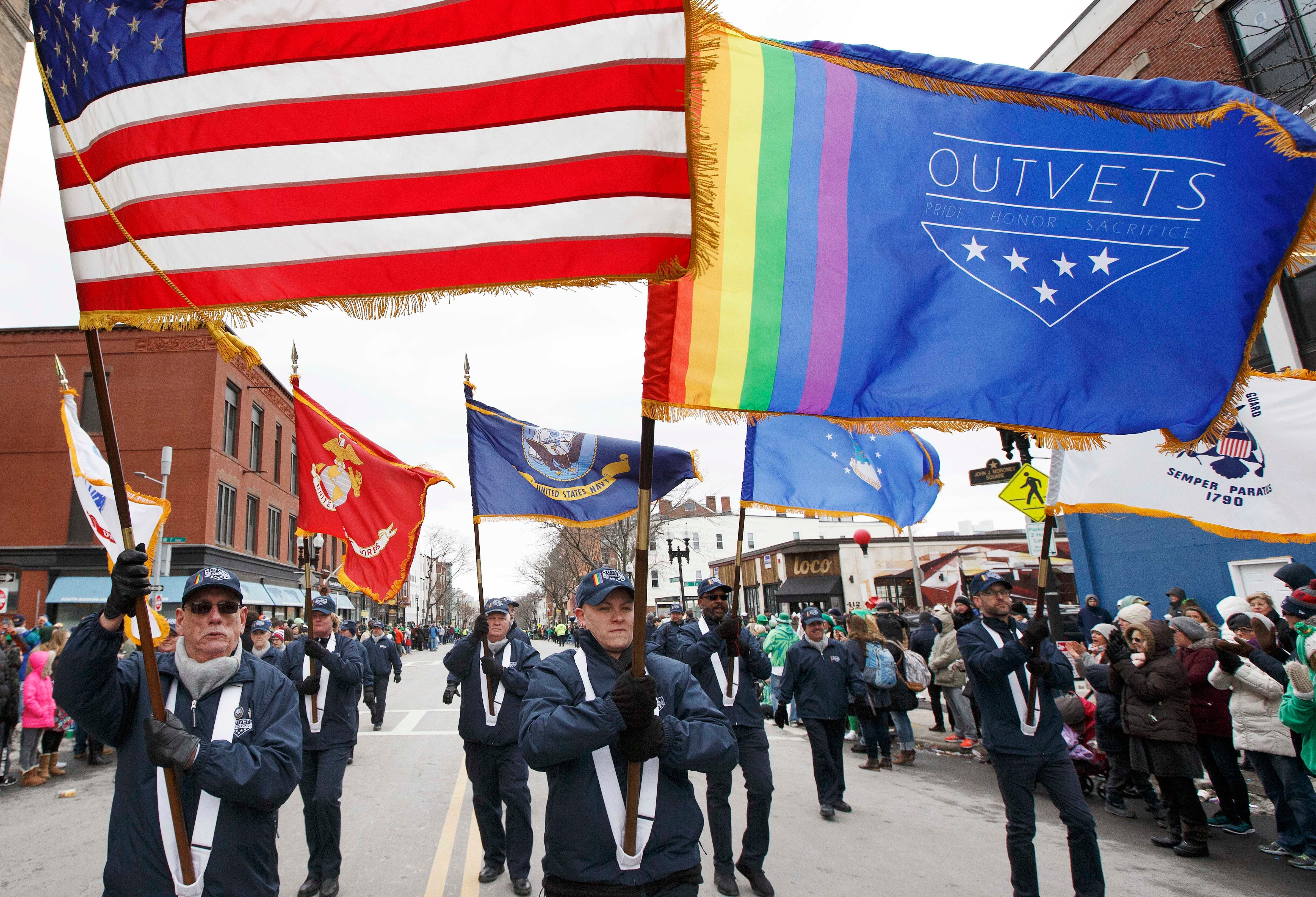This story, originally published on March 26, has been updated.
The Air Force is struggling to keep its pilots, who can often find better wages in the private sector. But the retention issue is more complex keep its pilots from seeking better wages in the private sector. Yet the issue has become more complex for pilots in for the Air National Guard, Maj. Gen. Brian Neal on Tuesday told the House defense appropriations subcommittee on March 22Tuesday.Appropriations subcommittee on defense.
"The Air Force either has a pilot or it doesn't," said Neal, acting director of the Air Guard. The active-duty component "does not have an airline pilot, it has a military pilot. ," the acting Air National Guard director continued. "We have [both] military pilots and we have airline pilots."
On the active side, For the active-duty component, the Air Force needs to re-evaluate how best to retain its their pilots in the face of increasingly stiff competition for the most qualified people.for the foreseeable future, That struggle that has prompted the service to offer retention bonuses ranging from $75,000 to $225,000 for a five or nine-year commitment.reward between $75,000 to $225,000, as of December’s aviator retention pay.
But a commercial pilot doesn't have to deal with four- or six-month deployments overseas, which can be enticing, particularly for service members with families.
. the deployment time doesn't come with a commercial pilot's career, making it more attractive for airmen debating on leaving the service. If an Air Force pilot's career translates to over 1,500 flying hours and 10 years or more of flying experience, m
Major airlines such as Delta or Southwest are willing to pay handsomely for a pilot with more than 1,500 flying hours and 10 or more years of flying experience. After a few years in the commercial aviation industry, pilots can make more than $190,000 a year, plus 401(k) contributions.
Knowing their pilots have two jobs,
the
Air National Guard and Air Force Reserve officials are struggling to come up with the best retention strategy, but their focus is more on the "who," rather than the 'how,"
, but with more emphasis on the "who" rather than the "how,"
Neal said.
"Our biggest concern is not retaining pilots, it's retaining the full-time pilots," he said. "You can compare the pay stubs. The airlines are making billions of dollars. We don't pay enough."
he said, responding to Rep. Steve Womack, R-Arkansas.
Neal
said he
is particularly concerned about two categories of Air National Guard pilots who might be lured away by the commercial airlines' higher salaries: technicians
,
and guardsmen serving in an Active Guard Reserve status.
Technicians are Air National Guard employees who are paid as civilian government employees. They must concurrently hold a position as a traditional guardsman in the Air National Guard.
Some guardsmen can
also
serve full time with their units
on an active duty in the Air National Guard
in an Active Guard Reserve status. They are separate from active-duty airmen.
Both categories of pilots have the potential to earn more money with the commercial airlines, creating a retention issue for the Air National Guard.
Neal said the reserve components are working with the airlines to create a program that allows Air Force pilots to
either
swap their short-term flights in the Guard for more long-term commitments. Or, they can work
on
a smoother schedule in which the airlines get a heads up
that gives airlines a "heads up"
when their Guard and reserve pilots are to be
— who may serve as traditional guardsmen and reservists — may
be mobilized for active duty.
But the Air Force must act soon. Major airlines plan to hire about 20,000 pilots over the next 10 years, according to recent reports.
"I am optimistic we will be able to recruit and retain traditional, drill-status guardsmen pilots,
but fill-time is a challenge
," Neal said.
Oriana Pawlyk covers deployments, cyber, Guard/Reserve, uniforms, physical training, crime and operations in the Middle East, Europe and Pacific for Air Force Times. She was the Early Bird Brief editor in 2015. Email her at opawlyk@airforcetimes.com.





